
On Monday (8 August), the price of the US dollar in the open market was Tk115. Open market dollar sellers say there is a shortage of dollars in most money exchanges. More people are buying dollars than selling. COURTESY
The US dollar soared to Tk119 in the open market today, the highest in the country's history. Since Wednesday (10 August) morning, the US dollar has been sold at Tk118-119 in the open market. Most money exchanges are more interested in buying than selling because of the shortage of cash dollars.
On Monday (8 August), the price of the US dollar in the open market was Tk115. Open market dollar sellers say there is a shortage of dollars in most money exchanges. More people are buying dollars than selling.
The open market sellers said there is also a shortage of buyers in the market, adding that those who used to buy and sell dollars on the streets, fearing the raids of various law and order forces including the central bank, are not directly buying and selling.
Ripon Mia sold dollars in the open market for a long time. If you want to know the price of dollar, now there is no dollar, if someone sells it, I will rate 115 to 116 taka. What is the selling rate? When asked, he said he had no dollars to sell.
On 17 May, the US dollar crossed the Tk100 mark for the first time in the country's open market. Then it decreased. Later on 17 July, it crossed Tk100 mark again.
At the end of last month, the price of the US dollar rose to Tk112.
In the interbank currency market, the US dollar was being traded at Tk95 on Monday. The Bangladesh Bank sold dollars to the banks at this rate to meet the government import bill.
On Sunday, the interbank rate was Tk94.70. At the beginning of May, the rate was Tk86.45.
Dollar rate will be left to market after two months, says Governor
Bangladesh Bank Governor Abdur Rouf Talukder on August 4 (Thursday) said dollar prices will stabilise in two or three months as the gap between inflows and outflows has narrowed amid sliding imports, rising remittance inflows and improving exports.
The Bangladesh Bank will go for a floating exchange rate when the country overcomes the dollar crisis, he said in a views-exchange meeting with journalists at the central bank headquarters.
"There is a demand for letting the interbank exchange rate be determined by the market; we will go towards that direction when the market becomes stable," he said.
Currently, the Bangladesh Bank intervenes in fixing the exchange rate.
But, when the governor is hoping for the forex market to stabilise, dollar prices have kept rising in banks, making a new record of Tk110 per dollar for LC settlements on Thursday.
The price has remained stable at Tk108 in the open market for the past few days because of a massive drive by the Bangladesh Bank against illicit dollar hoarding by money changers.
Talking about liquidity crunch in the banking sector, the governor said the dollar shortage created the problem as banks are buying dollars in exchange for taka.
He also said there is no need to lift the lending rate cap as the Bangladesh Bank has taken measures to ease the crisis through liquidity supplies.
The lifting of the cap will fuel inflation further as interest rates on loans will go up. So, the central bank has no plan to do so, he noted.
The governor also said the central bank identified 10 weak banks based on their capital shortages, default loan rates, provisioning and loan-deposit ratio. However, he declined to disclose the names of the 10 banks.
In the meeting, Dr Md Habibur Rahman, chief economist of the Bangladesh Bank, made a presentation on the recent development of economic indicators in the wake of various measures, which hinted that the market will stabilise soon.
According to the presentation, Bangladesh devalued taka by 11.66% from Tk84.81 per dollar in June last year to Tk94.70 in August.
In July, fresh LC opening declined to $6 billion, down by 26.6% from $8 billion in the previous month when exports and remittances remained on an upward trajectory.
"Our dollar outflows have gone up to a great extent when compared with inflows. The outflows now amount to $2 billion per month. That is why Taka is losing its value against the greenback. We are now trying to minimise this gap," Governor Abdur Rouf Talukder said.
In July, Bangladesh's imports declined to $6 billion from $10 billion in March, he added.
The governor said the Federal Reserve of the United States is raising interest rates. More than $30 billion has flown into the US from India, Japan, Taiwan in the last one month, he also said, noting, "In this case, we have no problem because our capital account is not open."
The central bank sold $1.19 billion in July. In the last fiscal year, it sold $7.4 billion dollars to banks, while its purchase amounted to $7.7 billion.
He said there is no need to increase the interest rate if banks are provided with enough liquidity.
The loans given by the private sector goes to investment and around 20 lakh youth are joining the country's workforce every year.
A hike in interest rate will lead to a fall in private investment, Abdur Rouf pointed out, adding, "We are trying to enhance liquidity in banks without raising the interest rate."
Taming inflation has been given a top priority in the budget and the new monetary policy for the fiscal 2022-23, he noted.
Bond trading in secondary market soon
The governor said trading of bonds in the secondary market will begin soon as they have completed all necessary preparations.
In Bangladesh, there is no secondary market activity of the bonds, making the bond market almost non-functional.
"Bangladesh Securities and Exchange Commission is working for the development of the capital market. We will give them whatever policy support they need. Banks had a problem with exposure limits for about 10-12 years. This issue has now been resolved," Abdur Rouf pointed out.
The Bangladesh Bank on Wednesday issued a circular, instructing banks to calculate stock exposure at cost price instead of market price.
Currently, banks calculate their stock exposure at market price, and there was a long-time demand for changing the method to cost price.
Stating that long-term loans are to blame for default loans, the governor said, "If we put the bond market into effect, long-term loans of banks will decrease, so will the number of defaulters."
They want good companies to enter the capital market and issue bonds, he continued, adding that the central bank will provide whatever support is needed to activate the country's bond market.






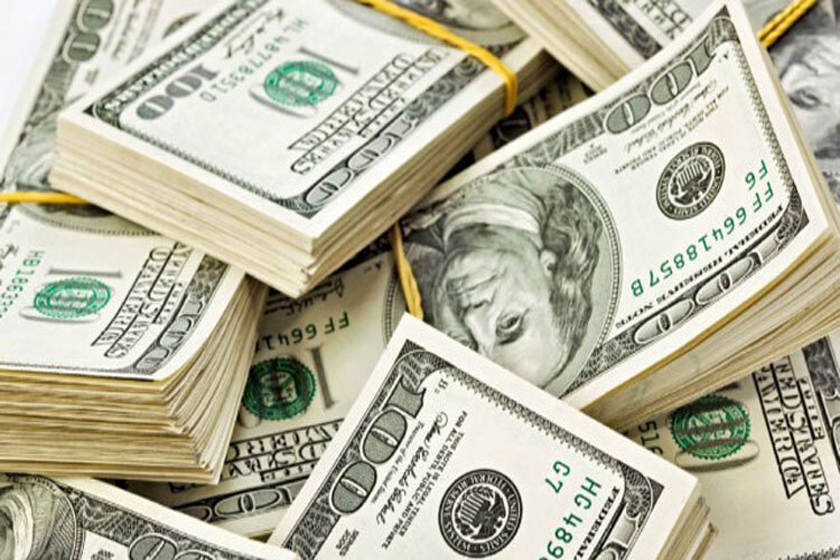

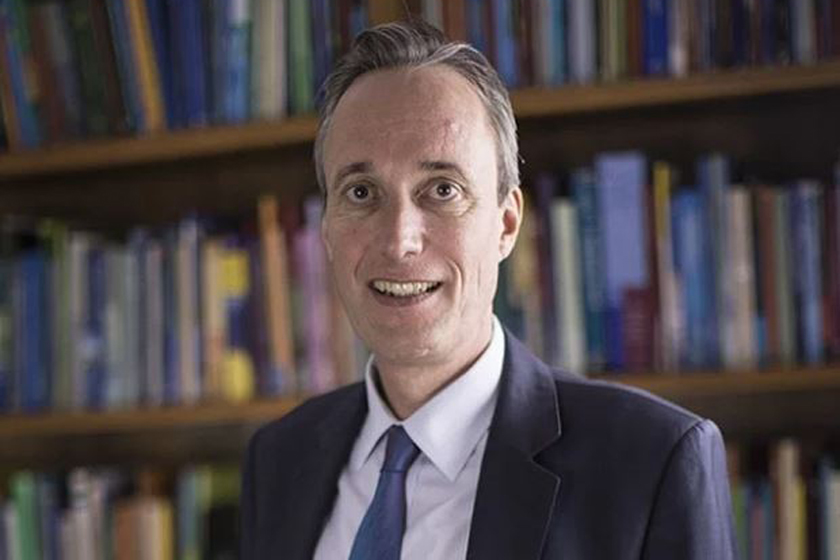
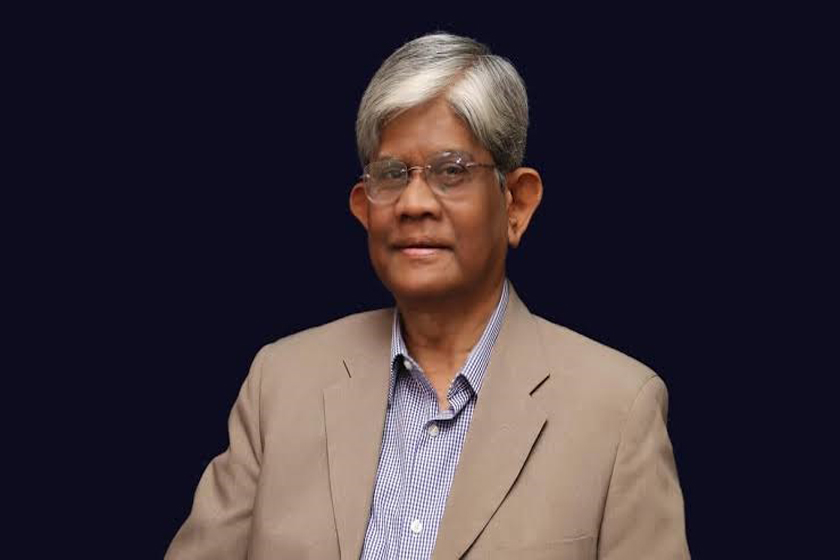
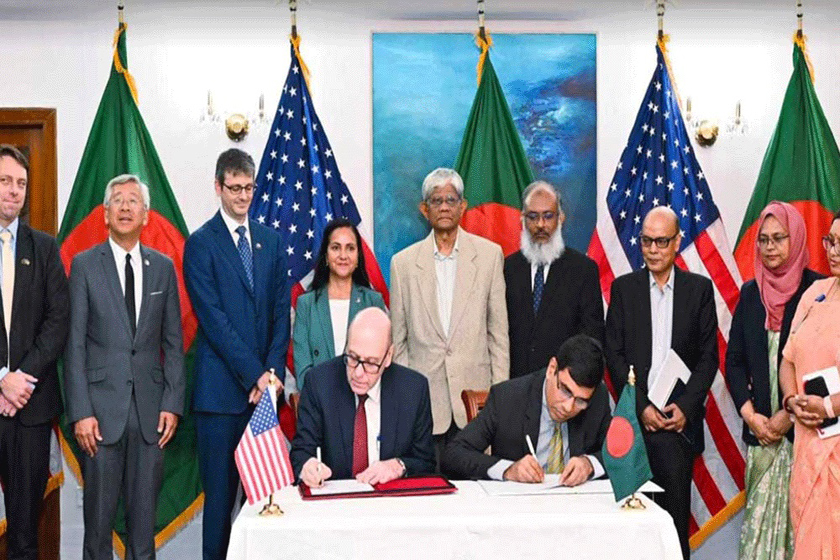
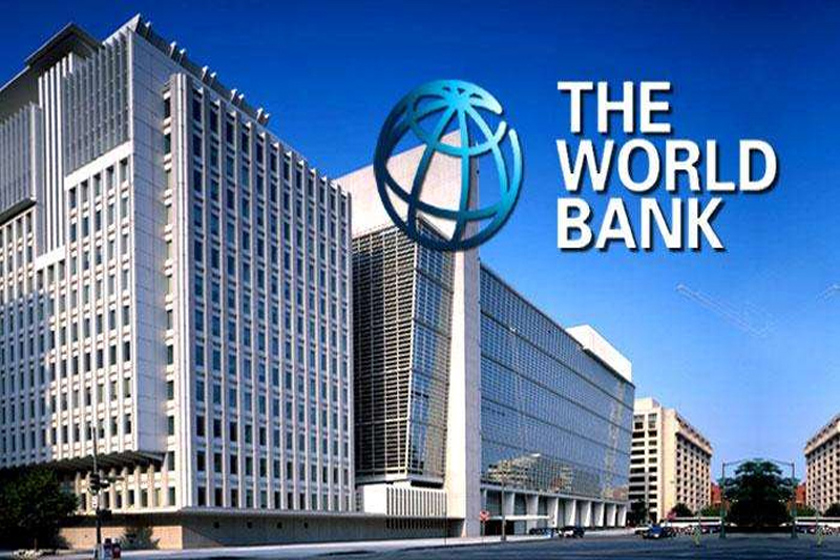
0 Comments